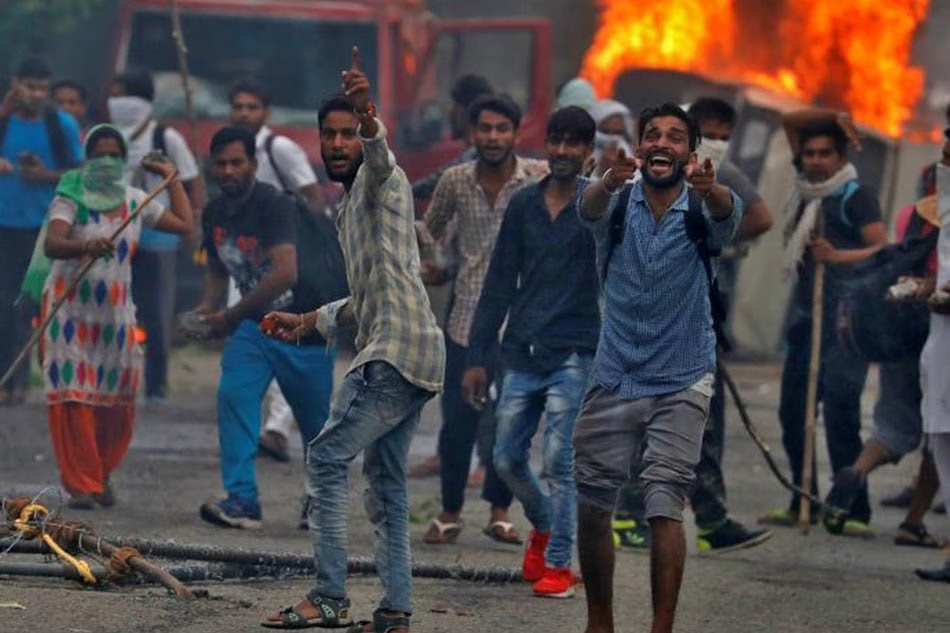Religious tensions in India have surged in Rajasthan, where recent violence has marked a significant escalation in conflicts between Hindu and Muslim communities. The unrest began when a Hindu procession, celebrating a religious festival, passed by a mosque and was met with stone-pelting from a group of Muslims. This incident set off a chain reaction of violent confrontations between the two communities.
Following the stone-throwing, the situation quickly deteriorated. In response to the altercation, several Muslim-owned shops in the area were bulldozed by authorities. This severe action was taken as part of a broader crackdown, but it further inflamed tensions and resulted in substantial property damage.
The local government has been criticized for its handling of the situation. The destruction of businesses owned by Muslims was viewed as an aggressive measure that failed to address the root causes of the conflict. The response from the authorities was seen by many as exacerbating the existing animosities rather than calming them.
Security forces were deployed to the area to restore order, but their presence did little to quell the ongoing violence. Clashes continued despite the increased security, with reports of further incidents of vandalism and attacks. The continued unrest has put additional strain on local resources and has further disrupted daily life in the affected communities.
Local officials and community leaders have called for calm and urged both sides to engage in dialogue to de-escalate the situation. They emphasize the need for peaceful resolution and cooperation to prevent further violence. However, the damage to property and the deepening mistrust between communities pose significant challenges to these efforts.
The violence underscores the broader issue of religious intolerance in India, where sporadic flare-ups of communal violence have been a recurring problem. This latest incident serves as a stark reminder of the fragility of communal harmony and the urgent need for effective measures to address underlying grievances and prevent future conflicts.
As authorities continue to investigate the incident and work towards restoring peace, there is a pressing need for reconciliation efforts. The focus remains on rebuilding trust and ensuring that such conflicts are resolved through dialogue and legal measures, rather than through further violence and destruction.


